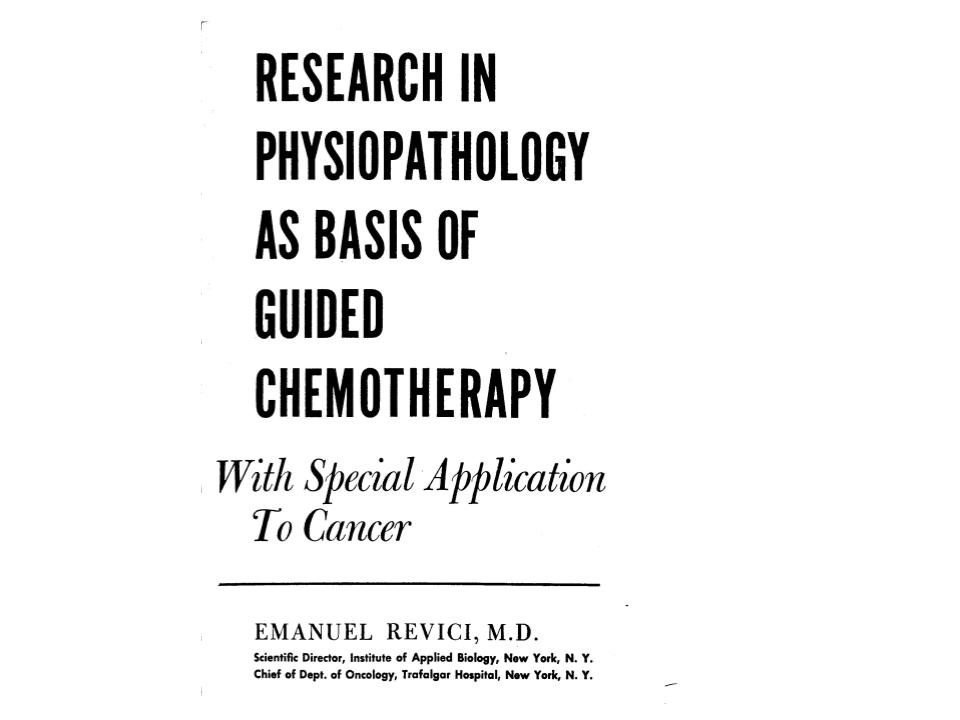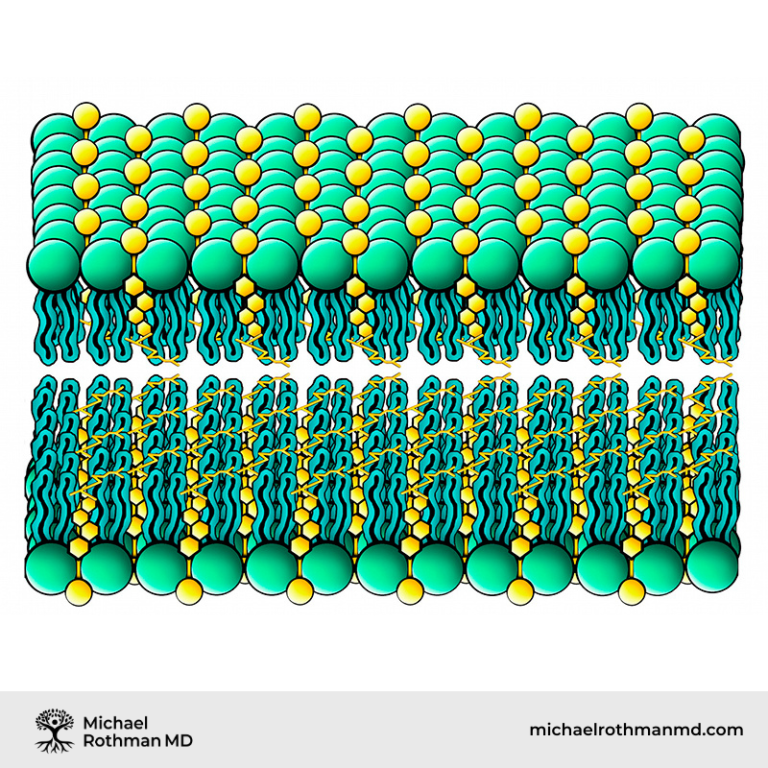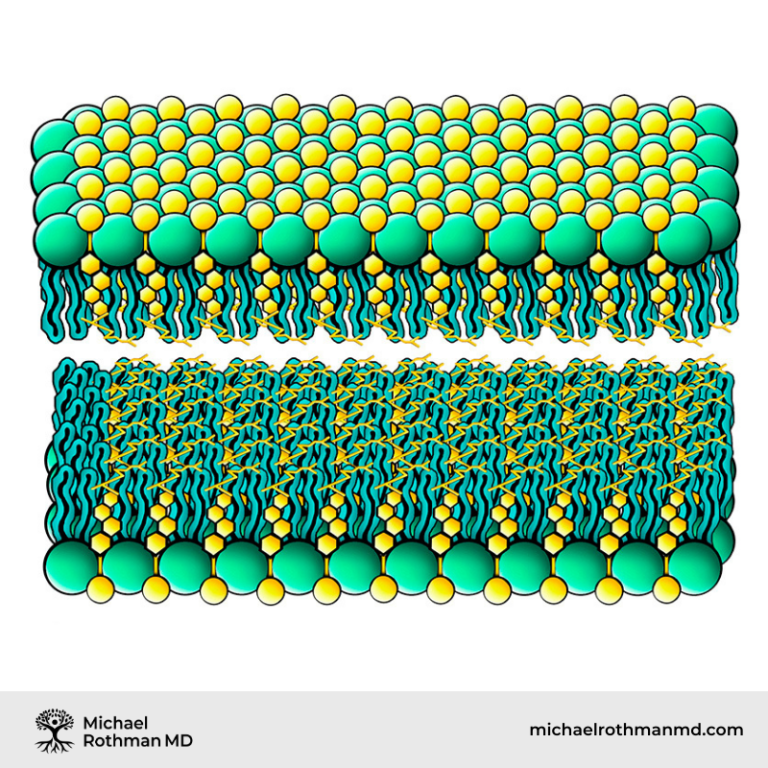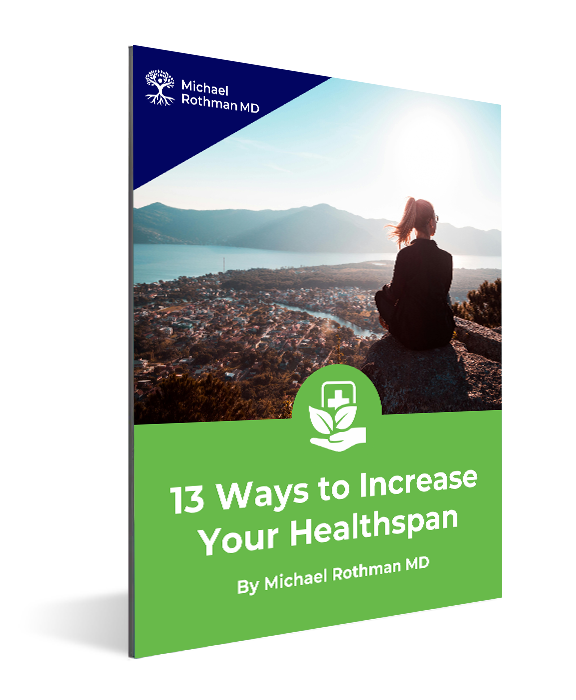A Metabolically Directed Approach to POTS
What is POTS?
- Paroxysmal Orthostatic Tachycardia Syndrome
- Postural Orthostatic Tachycardia Syndrome
Conventional Medicine Approach to POTS – Treating the Symptoms of POTS
- Midodrine – causes vasoconsriction, raising blood pressure
- Fludrocortisone – steroid which increases salt retention raising blood pressure
- Beta Blockers – lowers heart rate
- Other drugs – to treat associated symptoms
What are the Root Causes of POTS?
- Chronic stressors in the form of dietary indescretions, environmental toxins, stealth organisms, genetic predispositions, poor quality sleep, overwork, lack of rest, Harmful EMFs, emotional/situational stress contribute to excessive reliance on your adrenal glands in defense of this stress.
Chronic Stress Can Initially Increase ACTH and Cortisol Levels


Over Time These Chronic Stressors Lead to a Depletion in Vital Metabolic and Hormonal Reserves
- Aldosterone levels can begin to drop
- Aldosterone is a key adrenal mineralcorticoid that helps control mineral balance in your body
- Low aldosterone activity, leads to mineral depletion
- Mineral depletion leads to episodes (paroxysms) of crashing blood pressure when standing (orthostasis). When your blood pressure drops, your heart rate will increase (tachycardia) to compensate for your low blood pressure.
- Hence the diagnosis of paroxysmal (episodes) orthostatic (low BP when standing), tachycardia (fast heart rate) syndrom


POTS is not a Disease it is a Syndrome
- POTS is a symptom of your problems, but not the cause of your problems
- The root causes are the chronic stressors – fix the root causes, fix the problem. Treat the symptoms, cover up the problem
Dietary Issues Contributing to POTS
- Eating a low cholesterol, low saturated fat diet, high unsaturated fat diet

Aldosterone (mineralcorticoid) is Made From Cholesterol

Saturated Fats Have no Double Bonds, They are very Stable and Tend to Stimulate Your Metabolism and Reduce Adrenal Stress

Unsaturated Fats Have Double Bonds – They are unstable and tend to Slow Down Your Metabolism and Increase Adrenal Stress

A Dietary Intervention for POTS
- Eat enough cholesterol to “feed” your adrenal glands
- Avoid polyunsaturated fats (like soy oil, canola oil, sunflower oil, corn oil…) which stress your adrenal glands
Biotoxin Illness

Chronic Exposure to Contaminated Environments are Extremely Stressful, Especially in Genetically Predisposed Individuals
- Get genetically tested for HLA DR gene to identify potential genetic predisposition
- Test (and remediate) or Avoid Suspicious Environments
- Detoxify Your Body Systems of Environmentally Mediated Toxins
The Work of Emanuel Revici MD
- Fatty Acid vs Sterol Levels Imbalances Leading to Chronic Stress, Adrenal Fatigue, Mineral Depletion and POTS

Too Many Fatty Acids, Not Enough Sterols

A Balance Between Fatty Acids and Sterols

Too Many Sterols

Optimizing Sterol/Fatty Acid Activity can Reduce Effects of Stress
- These lipids which are part of your cell membrane control energy production and contribute to control of adrenal function and mineral balance
- Some people may have a tendency towards an Anaerobic (lack of oxygen) metabolism
- Some people may have a tendency towards Dysaerobic (dysfunctional use of oxygen) metabolism
- Either imbalance can contribute to POTS
Chronic Stressors can Impair Thryoid Function Contributing to POTS
- Impaired thyroid function contributes to additional adrenal stress and autonomic dysfunction
- Often times the patient will start producing reverse T3 which blocks the functioning of your active thyroid hormones
- Reverse T3 syndrome can contribute to mineral depletion and orthostasis (low BP when standing)
Several Factors can Contribute to Reverse T3 Syndrome

Stealth Organisms
- Hidden or “stealth organisms” – viruses, bacteria, parasites can contribute to chronic stress, adrenal fatigue, mineral depletion and finally POTS
Test and Treat for Tick Borne Diseases
Lyme Disease
Erlichiosis
Babesiosis
Bartonella
Rocky Mountain
Spotted Fever (RMSF)
Anaplasmosis
Tickborne Relapsing
Fever (TBRF)
Rickettsia
Tularemia
Powassan Disease
Borrelia mayonii
Borellia miyamotol
Consider other Sources of Toxicity
- Chronic Mold Exposure leads to immune dysfunction which can contribute to downstream distortions in your microbiome, paving the way for:
- Fungal overgrowth – Candida, yeast, small intestinal fungal overgrowth (SIFO)
- Dysbiosis – small intestinal bowel overgrowth (SIBO), imbalance in bowel flora, H Pylori
- Parasites
- Heavy Metals
Many Menstruating Women Suffer from Increased POTS Symptoms During Parts of Their Menstrual Cycle
- Increased POTS early in cycle can indicate sex hormonal deficiency
- Increased POTS mid-cycle (ovulation) can indicate excess estrogen
- Increased POTS in mid-luteal phase can indicate sex hormone excess

Autonomic Nervous System Imbalances
- POTS is Always Related to Autonomic Dysfunction

Autonomic Dysfunction in POTS
- Often elevated parasympathetic tone leads to crashing blood pressure when standing
- Whereas normal or high sympathetic tone contributes to tachycardia

Autonomic Dysfunction can be Ameliorated by Reducing Stressors on your Autonomic Nervous System (ANS)
- Avoid dietary sugar and reduce excess carbs and eat enough healthy (saturated) fats to stabilize your blood sugar reducing ANS stress
- Avoid dangerous environments which then stimulate your flight or flight response (leading to episodes of tachycardia)
- Practice “mind-body” techniques to help reduce limibic dysfunction contibuting to ANS stress
- Practice healthy habits sleep-wake cycles, activity/rest to reduce stressors on your ANS
Addressing Mineral Depletion to Help Treat POTS
- You may benefit from adding extra natural salt in your diet (preferably sea salt, Himalayan salt, pink salt, not iodized “processed” salt
- Avoid foods (like coffee) and medications (like diuretics) that tend to deplete your minerals
Metabolically Directed Approach to POTS
- Fix what is wrong – always multifactorial – chronic stressors
- Frequently a dietary problem
- Frequently an unrecognized environmental issue
- Frequently an oxido-reductive imbalance
- Frequently an unrcognized or poorly treated thyroid problem
- Frequently an unrecognized “stealth organism”
- Frequently a sex hormone or adrenal hormone problem
- Always an autonomic nervous system problem

Subscribe For Expert Insights
Receive valuable health tips, essential wellness recommendations, and our free guide, “13 Ways to Increase Your Healthspan,” delivered straight to your inbox. Join our community and take the first step towards a healthier tomorrow!


